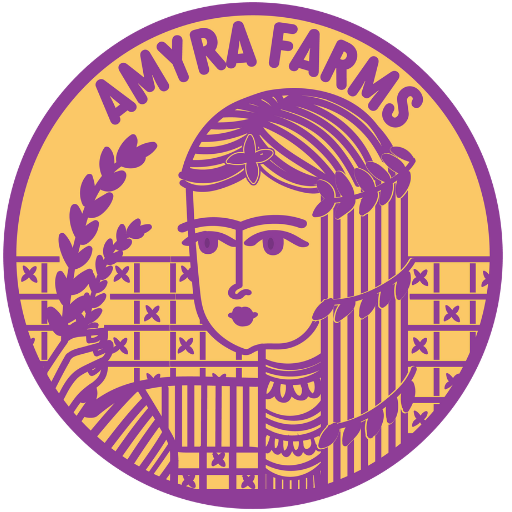What is Natural Farming
Natural farming is a type of farming that seeks to mimic natural ecosystems and minimize the use of synthetic inputs, such as pesticides and fertilizers. It is based on the principle that nature knows best and that the best way to grow healthy plants and animals is to allow them to grow in a natural and balanced environment.
Some key principles of natural farming include:
-
Working with nature: Natural farming seeks to work with natural processes and ecosystems rather than trying to control them.
-
Minimizing interference: Natural farming aims to minimize interference with natural systems and processes as much as possible. This includes using natural predators to control pests and relying on natural fertilizers rather than synthetic ones.
-
Promoting biodiversity: Natural farming encourages the presence of a diverse range of species within the farming ecosystem, as this can help maintain a healthy balance and reduce the need for synthetic inputs.
-
Sustainable practices: Natural farming aims to be sustainable and to protect the long-term health of the soil and ecosystem.
Natural farming can be applied to a variety of crops and animals, and it can be a sustainable and environmentally-friendly way to produce food. It is important to note that natural farming is not the same as organic farming, as it does not have to follow the same standards and certification process.
